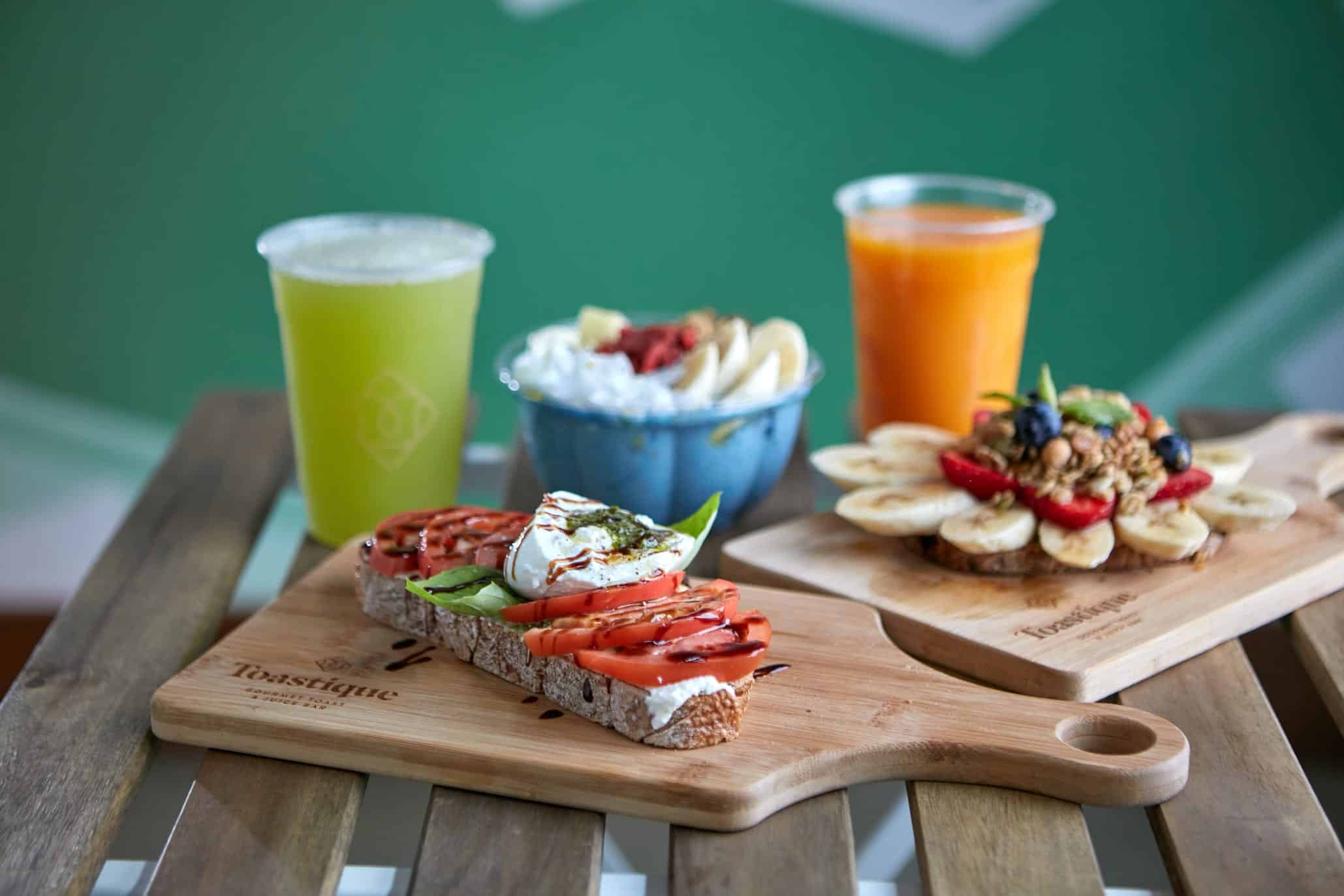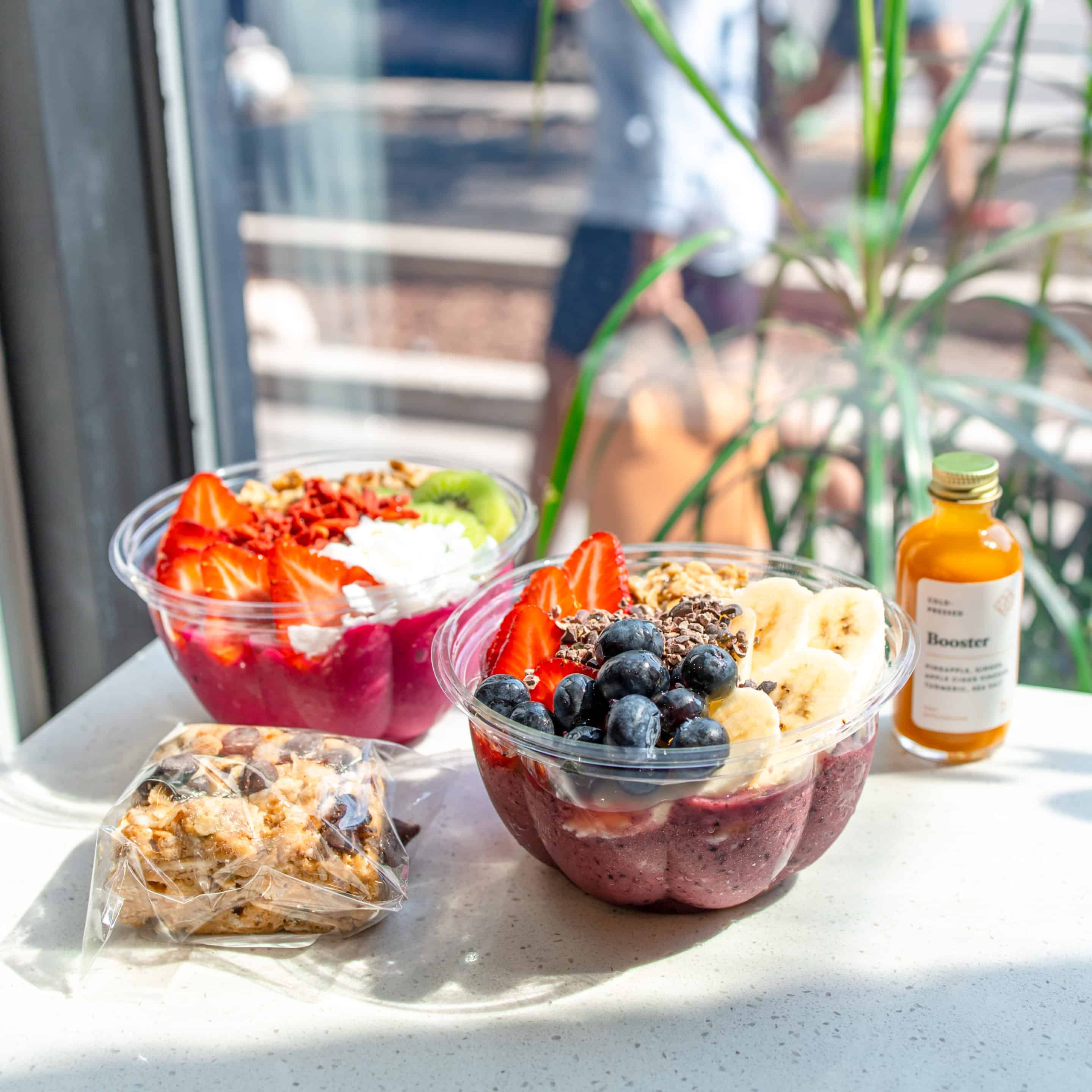Top Reasons For Restaurants To Go Organic

Organic foods are an extremely popular and fast growing sector of the economy. They cater to a new age of social consumerism, and are at the forefront of what is all but certainly the future of food. This potential has opened some promising doors for restaurants and businesses alike – as this trend grows, so does the opportunity to capitalize upon it.
Defining Organic
Organic foods are those that are not processed or do not contain any synthetic ingredients. They are produced without the use of pesticides, herbicides, or other artificial chemicals. Organic farmers also avoid using genetically modified organisms (GMOs) in their crops.
Organic Places An Emphasis On Community Health
Organic products have innumerable health benefits that are both far reaching and long-term.
Grown without the use of harmful pesticides and herbicides, organic food is safer for you to eat, and often more nutrient-dense than conventionally grown food. This means that it contains more vitamins, minerals, and antioxidants than non-organic products, and comparatively offers more health benefits.
The nutrients found in organic products are essential for good health, and can help to protect against chronic diseases such as heart disease, cancer, and type 2 diabetes. Not only this, but people with allergies to certain foods, preservatives and chemicals may be able to lessen or even prevent their symptoms when they eat an organic intake.
Organic food is also generally fresher than non-organic food, as it is not shipped long distances and doesn’t need to be treated with preservatives. This means that it retains more of its quality, making it even more beneficial for your health.
Organic Supports Local Economic Conditions
Organic products are grown locally, which supports local economies. This is because organic farmers are usually small-scale and sell their products directly to the consumer, rather than through large supermarkets.
This not only benefits the environment by reducing the emissions needed to transport food, but also ensures that farmers receive a fair price for their produce.
In addition, buying organic products helps to support other businesses that are involved in the organic supply chain, and in doing so, can create more jobs in the local area.
Essentially, by choosing organic, you’re choosing local, and when you’re choosing local, you’re investing in your community.
So not only is organic food better for your health, but it also supports local economic conditions – win-win!

Organic Sends A Message For Environmental Sustainability
When we purchase organic foods, we are supporting farmers who don’t use harmful pesticides and herbicides, which means that these chemicals aren’t entering our bodies or the environment. Organic farming also has a lower carbon footprint than conventional farming, as it doesn’t rely on fossil fuels.
In addition, organic farmers often use sustainable methods such as crop rotation and green manures to improve soil health, which helps to sequester carbon in the ground and combat climate change.
This low impact means of production can actually improve the environment, rather than harm it and does more to support our planet’s health – something we can all get behind!
Organic Bolsters Business Appeal
The times are changing, and now more than ever, individuals are recognizing the importance of supporting businesses that reflect their own values.
An increasing number of people are interested in purchasing products from companies that care about environmental and social responsibility – and this includes food. Organics are a major area of focus for many, as organic certification requires meeting high standards in a number of sustainability categories.
This makes them more appealing, and can give businesses a competitive edge against their competition amidst this ever-growing pool of sustainability-conscious consumers.
In fact, an increasing number of businesses are finding that going organic can actually boost their bottom line, as conscientious consumers are often willing to pay more for products that cater to their needs.
Organic Speaks To The Future Of Consumerism
As already alluded to, our society is progressively evolving into one that is much more cognizant of the planet’s health and long-term outlook. This is being mainly driven by younger generations, who as they see the impacts of climate change and environmental destruction, are increasingly interested in making more sustainable choices.
Organic products are a key part of this, as they allow consumers to vote with their wallet for a cleaner, greener future.
In fact, according to a recent study, 41 percent of older Millennials indicated that they were willing to pay extra for organic or natural goods, compared to only 18 percent of seniors and retirees.* This signals the dawn of a generational change in consumer priorities and the advent of what is likely to become a precedent for future decades.
*https://www.statista.com/statistics/912204/willingness-pay-premium-natural-organic-generational-us/
Going Organic As A Toastique Franchise Owner
Given organic food’s prolific growth in popularity over the years, it’s evident that the future is organic.
At Toastique, we are proud to be a part of this movement and committed to providing our franchise owners with delicious, organic products they can feel proud to sell. Together, we’re trailblazing the way for healthy, on-the-go meal options for customers and building a brighter future – one bagel at a time!
If you’re interested in joining our team and becoming a Toastique franchisee, we encourage you to learn more about the process on our franchising page. We can’t wait to have you aboard!

